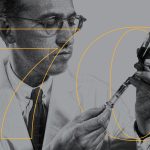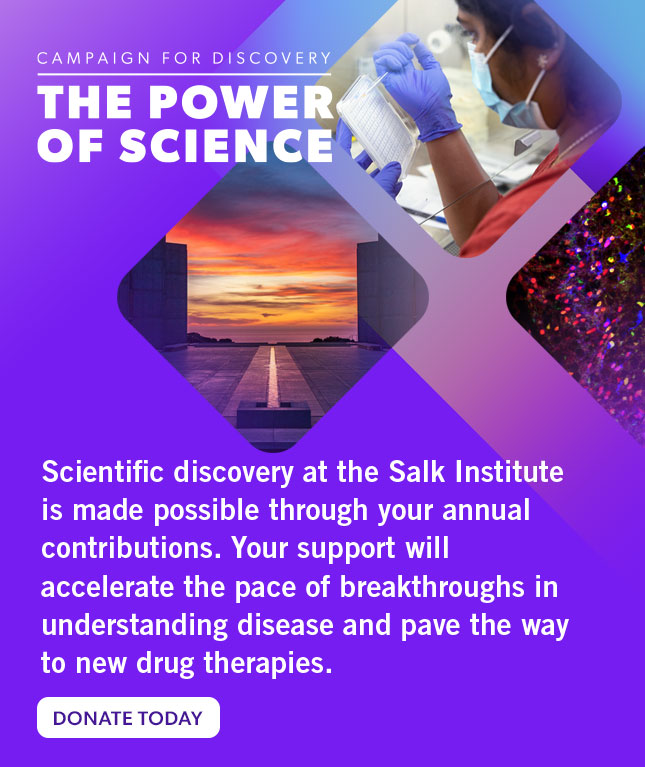How brain cells repair their DNA reveals “hot spots” of aging and disease
Neurons lack the ability to replicate their DNA, so they’re constantly working to repair damage to their genome. A new study by Salk Professor and President Rusty Gage and colleagues reports that these repairs are not random, but instead focus on protecting certain genetic “hot spots” that appear to play a critical role in neural identity and function. The findings give novel insights into the genetic structures involved in aging and neurodegeneration, and could point to the development of potential new therapies for diseases such as Alzheimer’s, Parkinson’s and other age-related dementia disorders.




























































